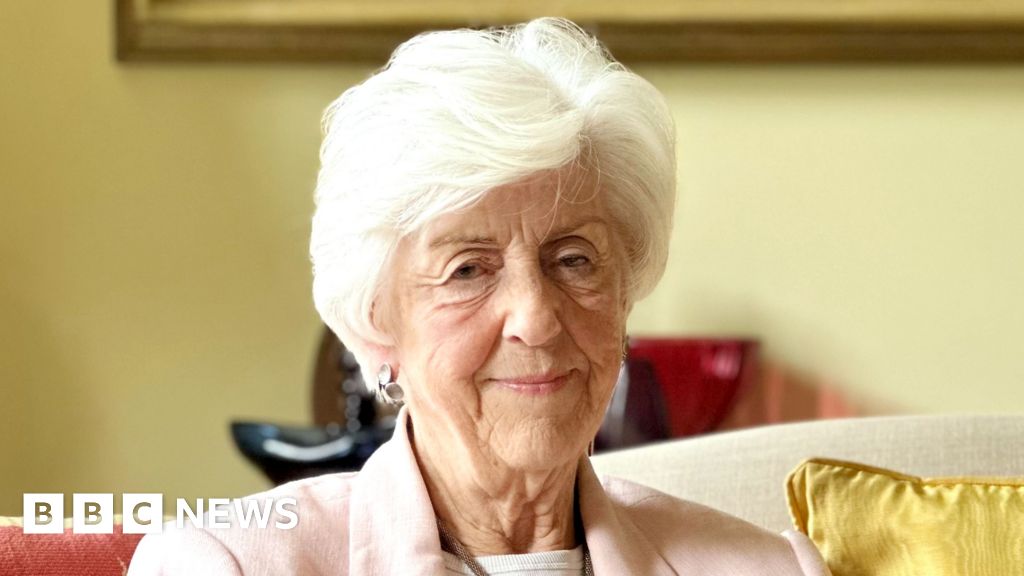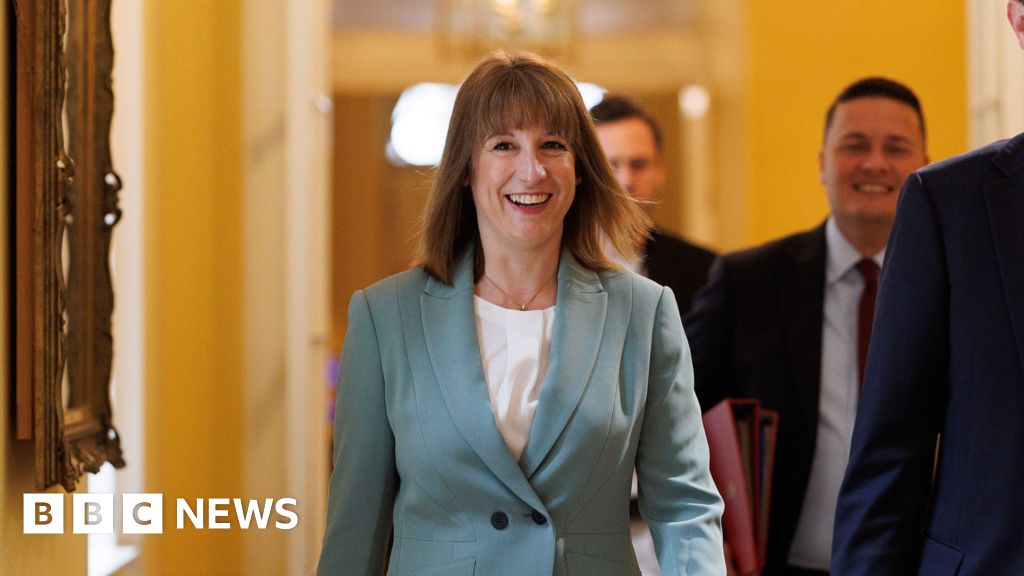ARTICLE AD BOX

 Getty Images
Getty Images
Women experiencing painful health conditions, including heavy periods, endometriosis and adenomyosis, are being dismissed when they ask for help, an MPs' report has warned.
Diagnosis and treatment for these common issues can take years, leaving women and girls in pain and disrupting their daily life, members of Westminster's Women and Equalities Committee concluded.
Chair Sarah Owen said "misogyny in medicine" was "leaving women in pain and their conditions undiagnosed" - and called for more investment in and support for women's reproductive health conditions.
The government has described the situation as "unacceptable" and said it will "overhaul women's healthcare".
Misogyny is defined as
The committee's report comes after an inquiry which saw members interview women about their experiences, including BBC presenter Naga Munchetty and reality TV personality Vicky Pattison.
It found a "clear lack of awareness and understanding of women's reproductive health conditions among primary healthcare practitioners".
And it cited a stigma and lack of education around the conditions, mirrored by a lack of medical research, specialists and treatments. This means gynaecological waiting lists have grown faster than any other medical specialty in recent years.
The report calls on the NHS to "urgently implement a training programme" to improve the experience of women and girls accessing diagnosis and treatment for gynaecological conditions.
BBC News recently reported that waiting lists for gynaecology appointments across the UK had more than doubled since 2020, with around 755,000 women's health appointments waiting to happen.
Many women shared their experiences of waiting in agony for vital treatment and often having to pay for private care.
Claire, 40, paid £10,000 for a hysterectomy 12 weeks ago to relieve her debilitating symptoms of endometriosis and adenomyosis - she would have had to wait three years for the same operation on the NHS.
Bethany, 27, was diagnosed with endometriosis seven years ago and told she needed to chose between having children or having her womb removed. She sought a second opinion from the NHS, but by the time she was given a procedure, she could not move her legs without pain.
She is now exploring treatment through private health insurance.
"I can't put into words how profound the grief is for the life that I could've and should've had," Bethany said.
Owen, a Labour MP who chairs the Equalities Committee, said: "Women are finding their symptoms dismissed, are waiting years for life changing treatment and in too many cases are being put through trauma-inducing procedures.
"All the while, their conditions worsen and become more complicated to treat."
Up to one in three women live with heavy menstrual bleeding while one in 10 have a condition such as endometriosis or adenomyosis, she said.
"It cannot be right that despite the prevalence of these conditions, that such a lack of understanding and awareness persists."
She also called for women with a suspected or diagnosed reproductive health to be offered specialist mental health support.
A Department of Health and Social Care spokesperson said it was "totally unacceptable that women with reproductive conditions are not getting the care they need and that their voices are not being heard".
"That is why we will overhaul women's healthcare, placing women's equality at the heart of our agenda, and ensure women's health is never again neglected."
They added that an extra £26bn was being invested into the NHS and, with that, the government would get the service "back on its feet so it delivers for all patients".

 6 months ago
27
6 months ago
27








 English (US) ·
English (US) ·